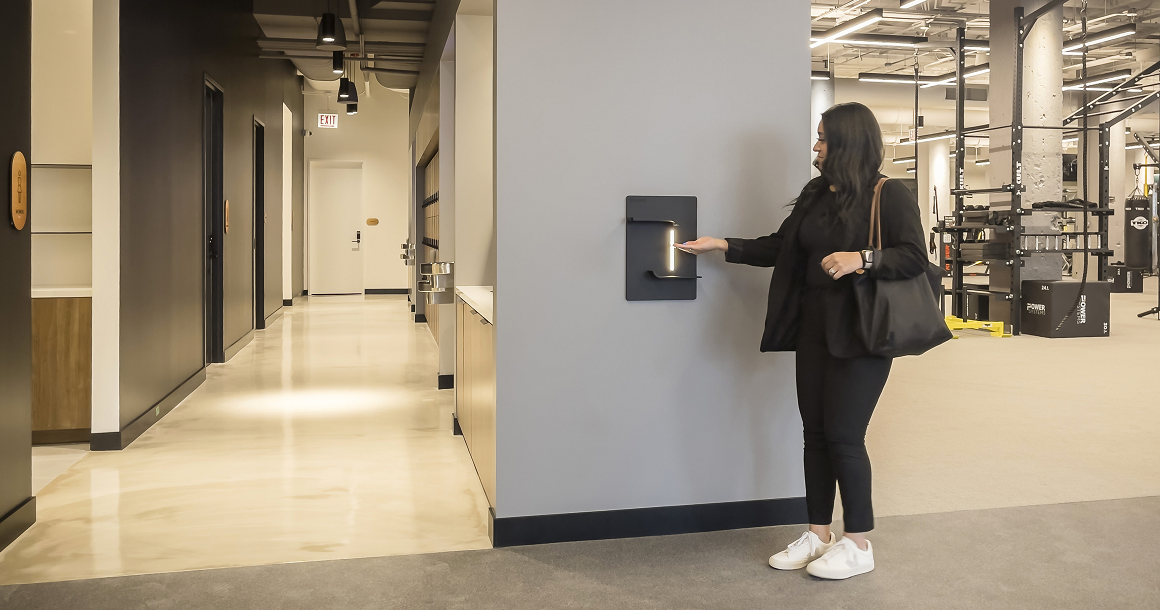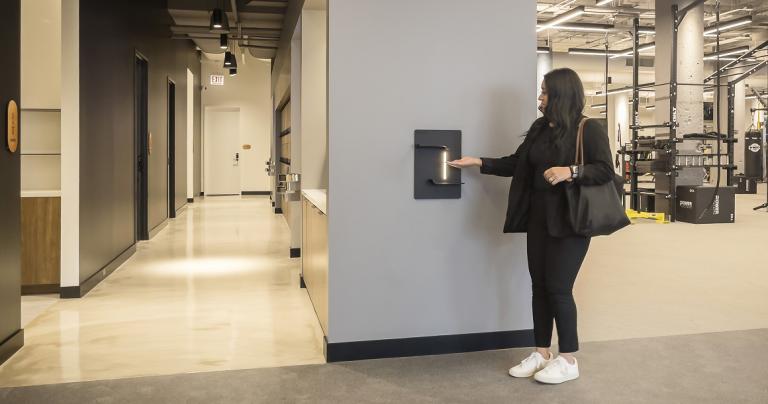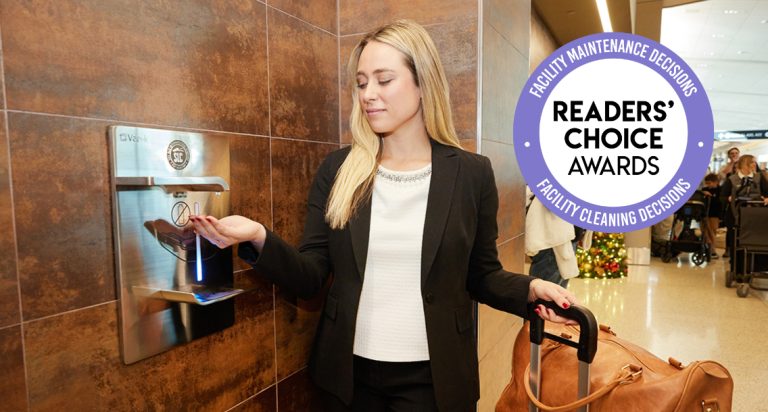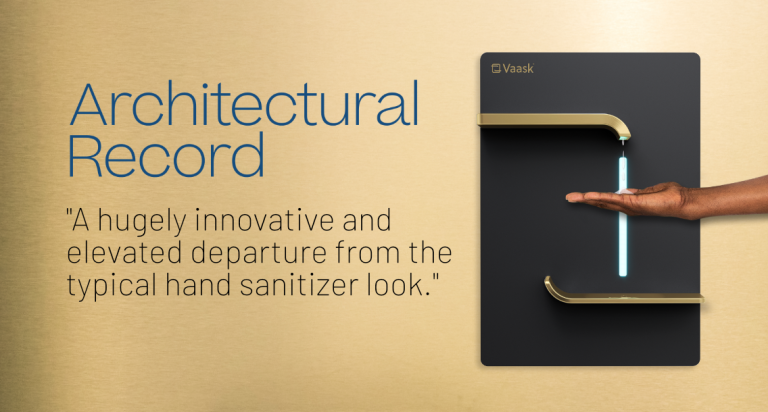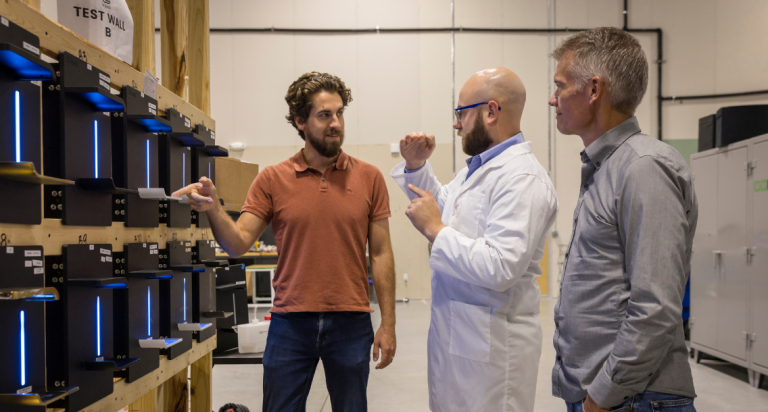Jon Olsen | Vaask Founder
The headlines feel all too familiar.
Hospitalizations are up, schools have experienced shut downs just a few weeks into the academic term, and health experts are warning things may only get worse.
COVID-19 is back with a new wave of infections spreading across the globe.
COVID is not the only threat. Health experts are also warning that we could be hit with a wave of RSV and the flu—combining into a tripledemic.
But while the news feels somewhat dire, there’s also no need to panic.
There are benefits to this not being our first COVID rodeo. Dr. Mandy Cohen, director of the Centers for Disease Control, points out: “We’re the most prepared that we’ve ever been.”
We are in a very different place now. But rather than rushing out to stock up on toilet paper, we should take a smart, proactive approach.
It starts with exercising common sense. Stay up to date with the latest expert knowledge, embrace preventative measures, and follow recommendations for protecting yourself and others if you do get sick.
We also need to accept that a post-COVID world means living with the virus in our midst. As recently as August 2023, Tedros Adhanom Ghebreyesus, the World Health Organization director-general, pronounced, “COVID-19 is here to stay.”
Earlier in the pandemic, there was some hope that herd immunity would eventually stop COVID in its tracks. But that now appears to be an unlikely possibility because reinfection after getting the disease or a vaccine is still possible. Experts believe COVID is eventually expected to reach a stage where it is endemic, which is probably the best we can hope for. In other words, we will never be rid of the disease, but its circulation will become somewhat predictable, such as in the case of the common cold and flu.
The power of prevention
Now that we understand what we are up against, it’s time to take stock of our options.
The best protection against severe illness is to not get it in the first place.
But there are heavy trade-offs to some preventative strategies. Shutting everything down and telling everyone to stay home is not only bad for the economy, it takes a toll on mental health. No one wants to adopt a nationwide mask mandate, as that decision is best left to the individual.
For both the flu and COVID, vaccine makers are staying abreast of the latest mutations, and these vaccines have proven to be effective at either preventing or lessening the severity of the viruses.
The Food and Drug Administration (FDA) also recently approved the first vaccine against RSV. Currently the vaccine is available for infants through 6 months of age, pregnant women and adults 60 and older.
Taking matters into your own hands
Fortunately, one of the most effective ways to protect yourself from illness is also one of the simplest.
Clean your hands.
By now, everyone knows the proper method is to wash with soap and water for 20 seconds.
But if we are being honest, there are times when people don’t have access to soap and water or do a quick “splash and dash.”
Fortunately, using an alcohol-based hand sanitizer with at least 60 percent alcohol content also effectively kills germs.
Hand sanitizer dispensers, however, are not foolproof. Some estimates have reported 77 percent of sanitizer dispensers are either broken or empty. To address this issue, more places are installing permanent Vaask hand sanitizer dispensers. Designed specifically to withstand frequent use in high-traffic areas, Vaask also uses a 2-liter sanitizer tank that provides more doses than typical, disposable dispensers.
Protect others if you get sick
Even when we are diligent about preventive practices, we can still be felled by one of the viruses expected to be circulating this fall. If that happens, it’s time to do our part and protect our fellow humans by not spreading the virus around.
Have procedures in place for when someone gets sick. If possible, have COVID tests available to help with accurate self-diagnosis. If you test positive, the CDC recommends staying away from others for at least five days and returning to work or school after a negative test result.
Those at higher risk of complications from a respiratory virus can take anti-viral drugs to speed up recovery from flu and COVID viruses.
If we’ve learned anything from the past, it’s that people don’t like being told what to do, but given the tools and good information, we generally make good decisions.
As long as we stay vigilant, make use of the tools at our disposal and behave responsibly, we can put the panic button aside.
Interested in a generous sample of Vaask’s Island Citrus sanitizer gel? Sign up here.



